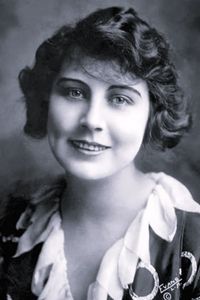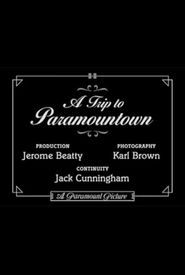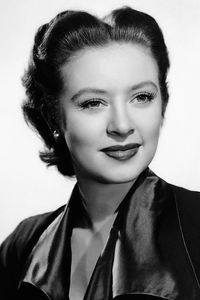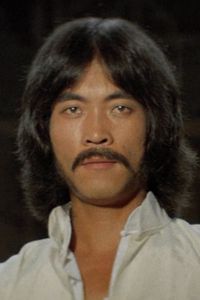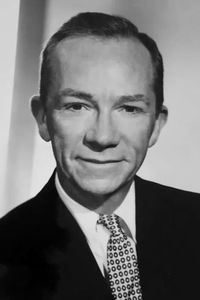Dorothy Dalton was a talented American actress, born on September 22, 1893, in Chicago, Illinois. She began her career in the entertainment industry by working in stock companies in various cities, including Chicago, Terre Haute, Indiana, and Holyoke, Massachusetts, starting from 1910. Dalton's early experience in vaudeville circuits with the Keith-Albee-Orpheum Corporation further honed her skills.
By 1914, Dalton had transitioned to Hollywood, making her movie debut in the film "Pierre of the Plains," co-starring Edgar Selwyn. She then took on lead role the in "Across the Pacific" the same year. Dalton's breakthrough performance came in 1915 when she appeared alongside William S. Hart in "The Disciple." This role marked the beginning of her association with Thomas Harper Ince Studios, where she was initially intended to play mature roles but instead sought to portray ingénues.
However, Dalton's performance in "The Disciple" unexpectedly led to her being typecast as a vamp, a characterization that was unconventional in that she portrayed her vampiric nature unintentionally. Dalton's co-star, Kay Anthony, described her vamp as someone who unintentionally made pulses beat fast and hard, stating, "I guess I just must have been born that way!"
Dalton continued to work with Ince Studios, appearing in films such as "The Price Mark" and "Love Letters," both co-starring William Conklin. She also shared the screen with Rudolph Valentino in "Moran of the Lady Letty" (1922) and with H.B. Warner in "The Flame of the Yukon" (1917) and "The Vagabond Prince" (1916).
In addition to her film career, Dalton had a successful stage career, performing in productions such as Morris Gest's "Aphrodite" in 1920 and on Broadway in "The Country Wife." Dalton's remarkable career spanned over five decades, from 1910 to 1972, and left a lasting impact on the entertainment industry.
